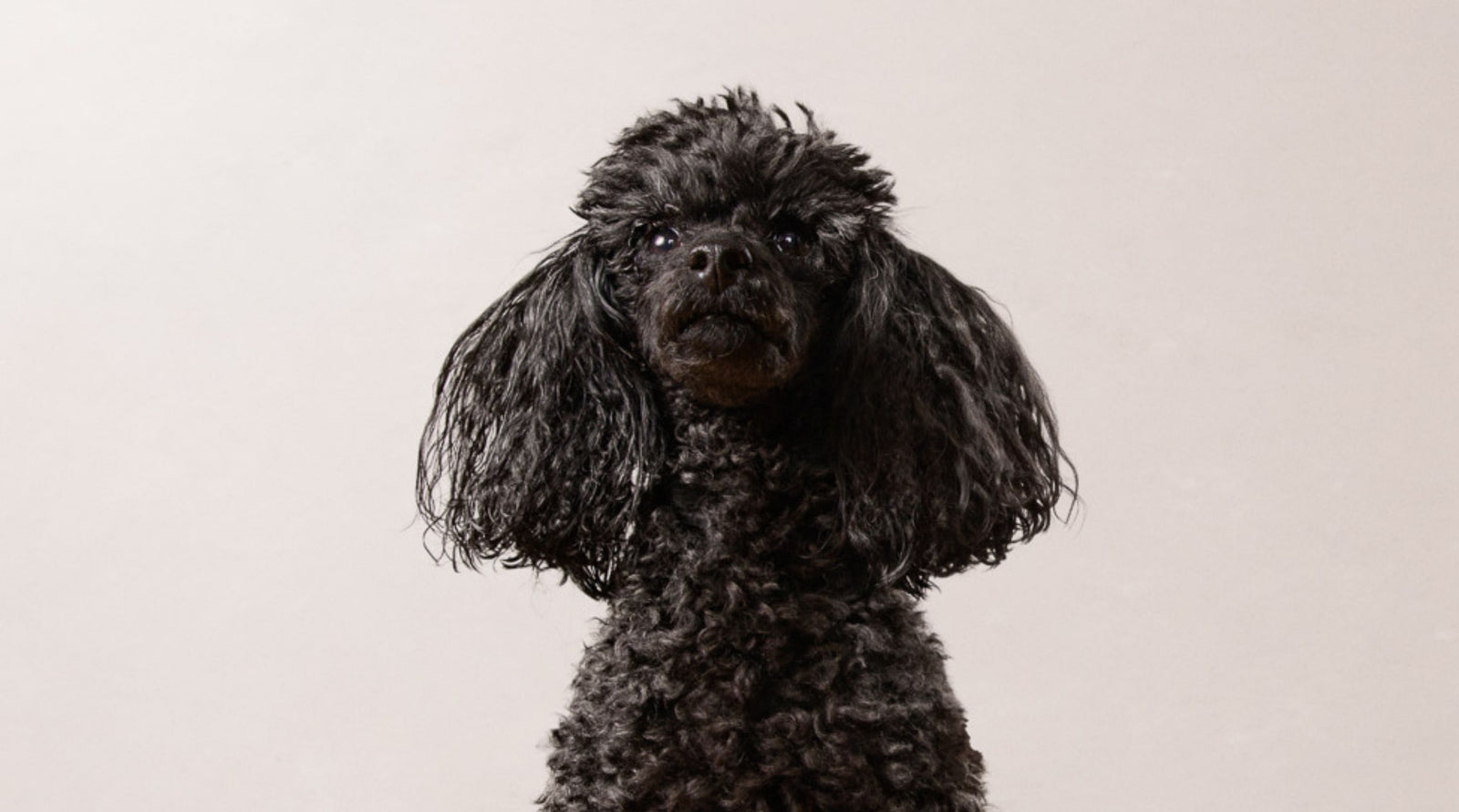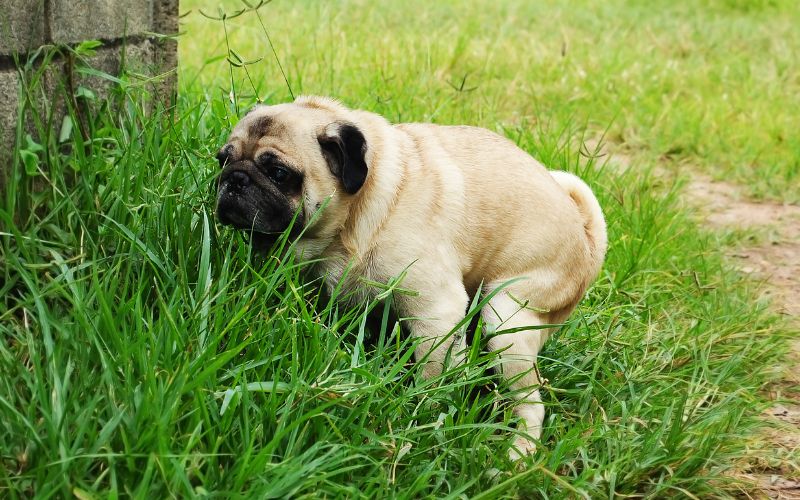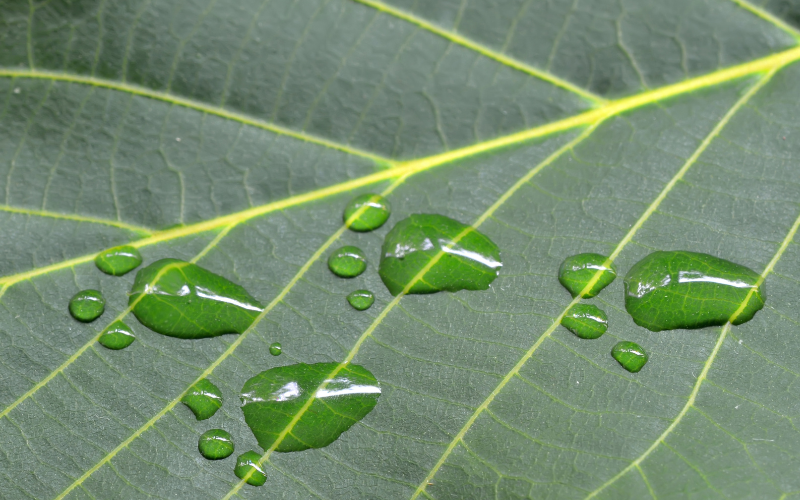
Courtesy of Sunflower Imaging.
Just like humans, as dogs age they become more prone to pain, lifestyle-related illnesses and common diseases. But the difference is that our dogs age seven times faster than humans, meaning that a nine-year-old dog roughly equates to a 63-year-old person!
It can be difficult watching our beloved pets age before our eyes, but it’s never too late to make positive changes. So, what can you do to keep your dog happy and healthy as they enter their twilight years?
Firstly, you may ask yourself, ‘at what age does a dog become classified as a senior?’
Good question! According to Greencross Vets, a dog is considered a senior when they are older than seven years of age. However, it’s important to remember that larger dogs generally age faster than smaller breeds.
There are many things to look out for as your dog’s age advances and their needs change, including:
- Dental problems - often marked by smelly breath, drooling and difficulty chewing
- Lumps and bumps
- Mobility changes - which may signal arthritis
- Behavioural issues - such as confusion and lethargy
If you notice any of these issues, schedule a chat with your vet.
The good news is that with a little extra TLC and a few changes to your daily routine, your dog can enjoy a glorious retirement and optimal wellbeing. Read on to find out how.

How to create an exercise regime for senior dog health
While your senior dog may no longer be up for lengthy hikes and speedy games of fetch in the park, a regular exercise routine is still very important to keep them fit and healthy.
It’s estimated that up to 80% of dogs have arthritis by the time they reach eight years of age, so it’s vital to keep them moving despite the temptation to let them nap the day away.
Not only will a short, gentle walk help with their muscles, circulation and joints, it can assist with weight regulation while providing much needed stimulation. Be sure to take it slow and stop for a rest if they’re struggling. Also bear in mind the weather conditions, as older dogs may struggle more with hot or cold weather.
And it’s not just walking! Swimming is great for older dogs as it puts less strain on sore joints, while mellow enrichment games help to keep their brain in good form.
Why diet matters for your senior canine companion
Food is the foundation of health and luckily it's never too late to improve your dog’s dietary nourishment. Keeping your dog's gastro-intestinal health in tip-top condition is probably the number one issue to focus on; this is where a natural real food diet comes into its own.
Having enough Short Chain Fatty Acids (SCFA) in their diet should also be a main consideration and can be easily achieved by adding cooked and cooled carbohydrates, such as organic rice (basmati or wholegrain), potato and wholegrain pasta. After cooling, these become resistant starches and are fuel for the large intestine to convert to SCFA.
SCFAs work as an anti-inflammatory to the GI tract and body in general, which is great for older dogs.
When implementing a real food diet, it can be difficult to get the balance just right for your senior dog, leading to lots of guesswork and stress. However, Wellbeing Essentials Complete 22 has shown impressive results with senior dogs and is well worth introducing to your dog’s diet, irrespective of what they currently eat.
The ground nuts and seeds in Wellbeing Essentials Complete 22 help with the balance of fats. Antioxidants, such as those found in blueberries are also good for maintaining cognitive function, which is why they are a key ingredient in our formula.

Mobility aids: how to make life easier for your senior dog
As your dog ages, they may no longer be able to jump on the sofa or into the car. They may also find it tricky to navigate slippery tiles or wooden flooring (in this case, consider a cosy rug or two!)
But there’s plenty you can do to help your dog get around and maintain their independence.
Steps are a perfect solution for senior dogs who have trouble jumping, while ramps are ideal for canines who prefer a gradual incline over steps.
These aids support your dog’s independence in getting to where they want to be, without putting pressure or strain on sore joints. You can even make your own! While it may take a little training to get your dog used to steps or a ramp, they will relish the opportunity to maintain their favourite sofa spot.
And it’s not just your dog you need to consider. Constantly lifting your canine can put pressure on your own back and joints, particularly if you have a large breed companion. This is where a support sling or harness comes in handy. Not only does a sling or harness help your dog as they get from A to B, it protects your back from unnecessary strain.
Rest is just as important as activity for senior dogs, so it’s a good idea to invest in a cosy orthopaedic bed that won’t require climbing or jumping to get into. Soft bedding will make it extra comfortable and gentle on joints.
Senior dogs may also benefit from physiotherapy or hydrotherapy, while massage techniques can ease their discomfort and can be carried out daily in the comfort of your home.
Grooming and dental care: why your canine companion needs extra TLC
Older dogs may find it more difficult to groom themselves, so it’s important to give them a helping hand. Especially if they have long or high-maintenance coats.
You could try increasing at-home or salon grooming sessions, while focusing on bathing if your dog suffers from incontinence. Brushing your pooch not only increases your bond; it helps you to familiarise yourself with the condition of their coat and skin, so you’re more likely to spot lumps, bumps or areas of irritation.
It’s also important to take extra care of your dog’s teeth. As dogs age, they become more prone to gum disease, which can be painful and lead to complications.
If your dog is receptive to their teeth being brushed, regular cleaning will help to manage buildup of plaque and tartar. You can also purchase gels and sprays, which are great for dogs who resist a toothbrush.
A balanced diet can also assist with dental health, which is why we included kelp in Wellbeing Essentials Complete 22.
This highly nutritious seaweed contains a powerful good bacteria called bacillus licheniformis, which releases an enzyme that eats away at tartar buildup on teeth. It helps to prevent bad breath, decay and gum disease which can lead to more serious health concerns if left unchecked.

In Conclusion
Even though your dog is ageing, they can still live a happy, healthy and fulfilled life with a few simple tweaks to their daily routine.
It’s important to be extra observant and attuned to their needs, while implementing gentle exercise, a modified diet and increased grooming. Our dogs give us so much unconditional love, it’s our responsibility to make their retirement years as safe and comfortable as possible.
Keen to introduce a natural diet alongside supplementation for optimal senior dog wellbeing? Download our free eBook for all the tips and information you need to get started with real food. Remember, it’s never too late to nourish your pup!




